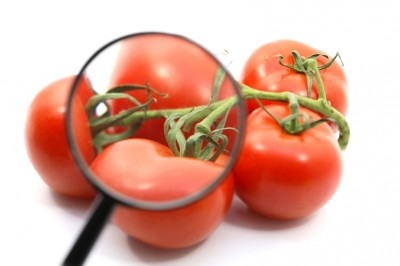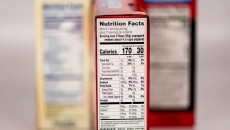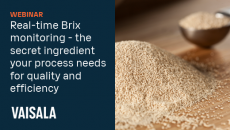Celebrity role models and personalized messages for better food safety

Dr. Christine Bruhn, of the Department of Food Science and Technology at UC Davis, told delegates at the Global Food Safety Initiative (GFSI) conference in Orlando, Florida last week that despite industry’s best efforts to avoid food safety problems along the food chain, poor food handling by consumers puts many at risk of foodborne illness.
She presented research conducted over the past decade looking at consumers’ food handling behaviors and how well (or poorly) they matched the basic food safety messages of clean, separate, chill and cook. Poor food safety precautions observed by researchers included a lack of proper hand washing among a majority of consumers, potential cross-contamination in food preparation, and insufficient cooking.
One study found that only 28% of consumers said they separated items in the grocery cart – and many did not separate their children from raw meat in the grocery cart.
“The CDC has identified allowing kids in the big section of the cart as a risk factor for salmonella,” she said.
So how can food safety experts communicate these risks better with consumers?
Bruhn said: “I think the information needs to be personalized. Providing specific food safety information for people with cancer, or pregnant women, or children meant people responded much better. They want information for their own condition.”
The problem could also be exacerbated by consumers’ observations of their food and cooking role models. She said that in the course of observational studies, and explaining the importance of avoiding cross-contamination or hand-washing in the home kitchen, consumers often said that they didn’t see these practices on the Food Network.
“Let’s get our models of great cuisine to also be our models of great food safety practices,” she said.
Can irradiation help?
Bruhn also said that the industry should consider using technologies like irradiation to make food less vulnerable to contamination. Although many have the impression that consumers are generally opposed to irradiation, she presented 2009 research from the International Food Information Council (IFIC), which found 34% thought the use of irradiation was very favorable, while 26% said they didn’t know.
“People are stopping eating fruits and vegetables because of recalls,” she said. “This affects your bottom line if it’s a long term stop in purchase, and it can affect [consumers’] health as well.”
Bruhn said the IFIC data had found a small proportion of people did not think irradiation was favorable even if they were given information about improved food safety, but most people were open to the technology if it was framed positively.
“Several manufacturers are using it and labeling it and selling products because they are selling good food,” she said. “Is this an insurmountable challenge? I would contend that the data says no.”
















